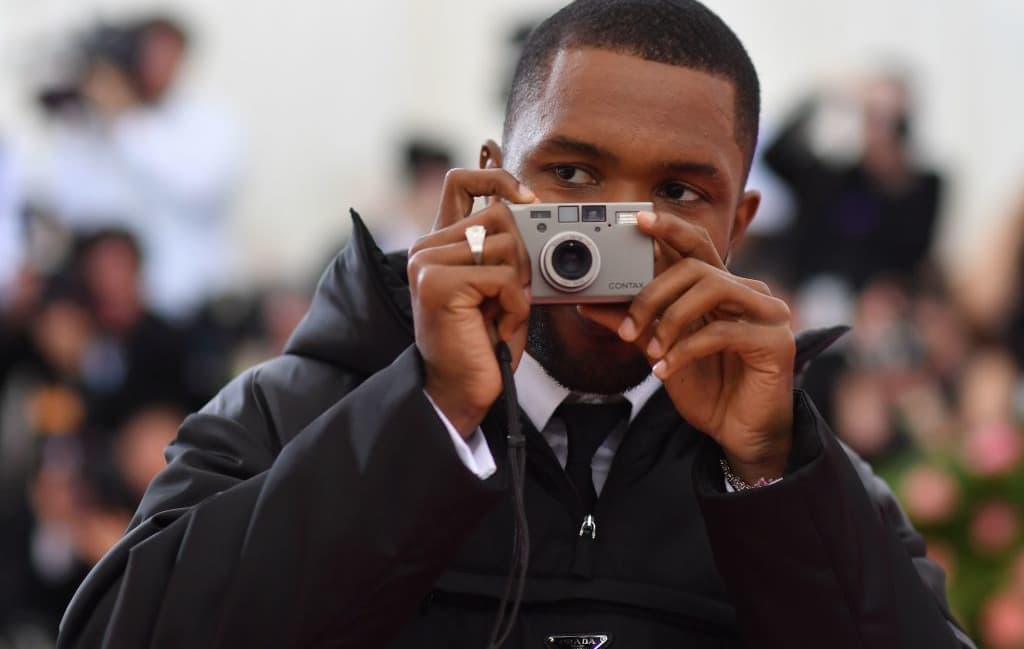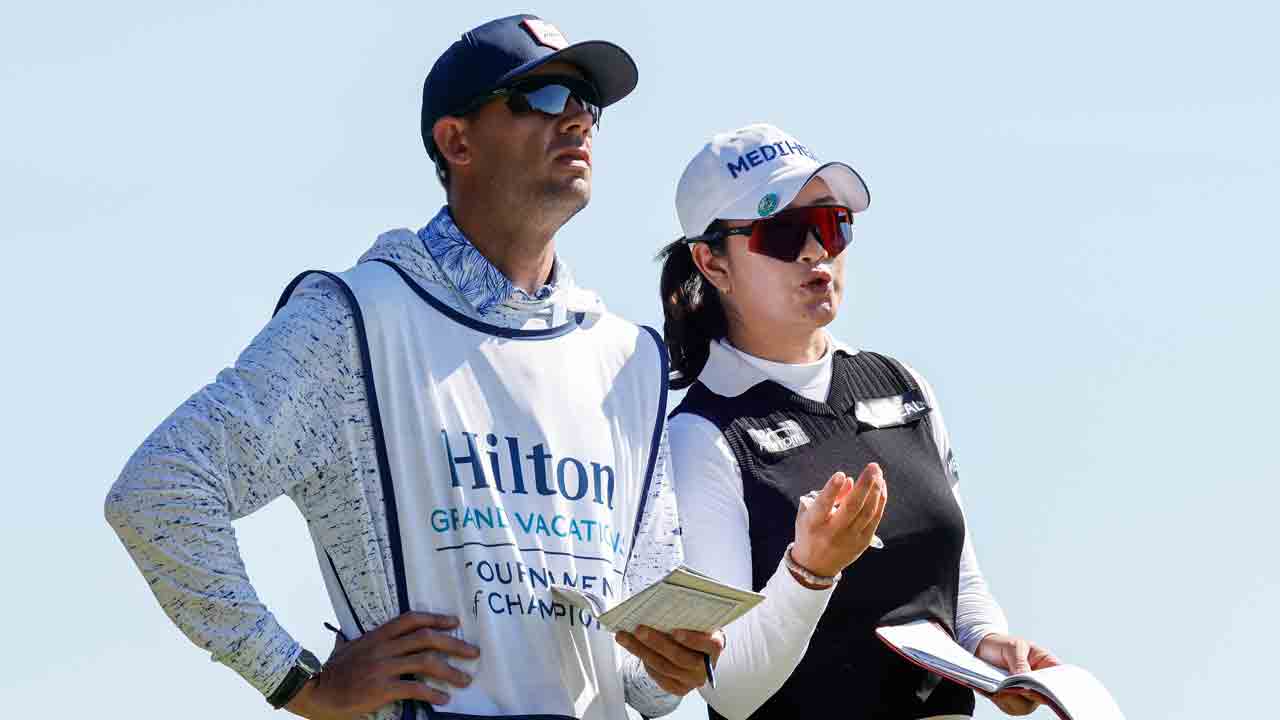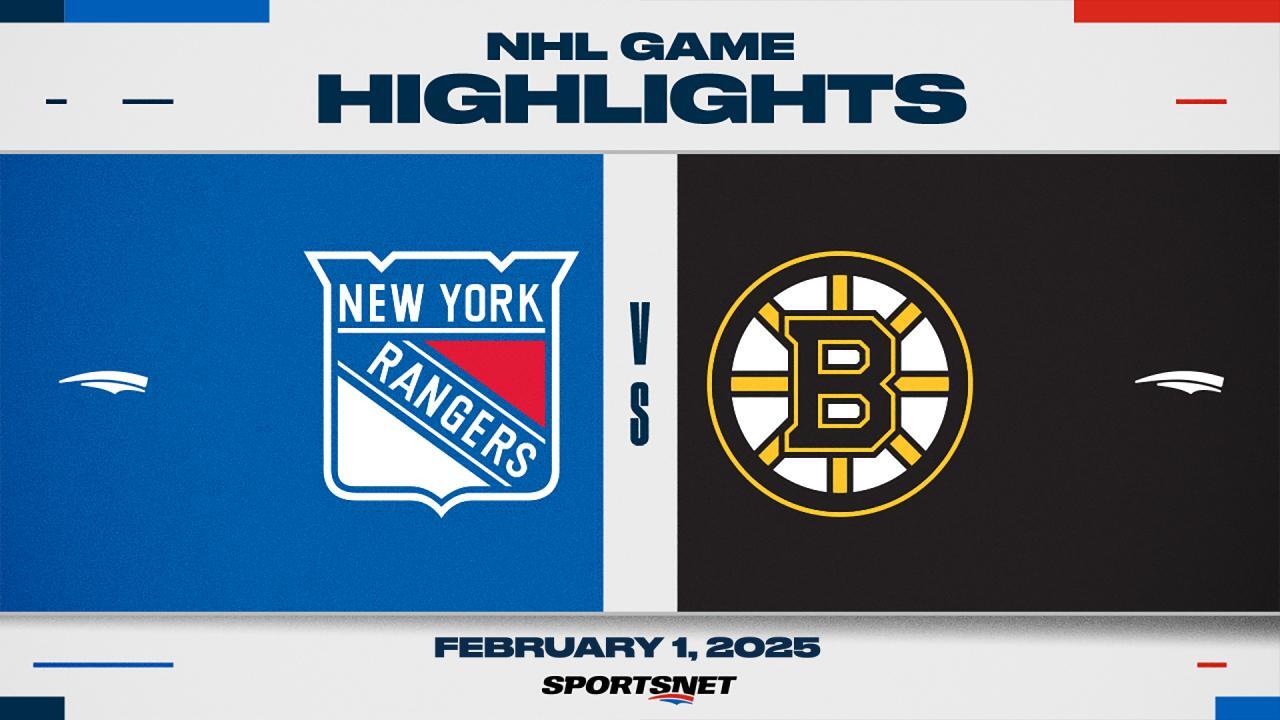TSMC's 93-year-old founder explains how an unexpected dinner led to winning Apple's business
In a rare interview, TSMC founder Morris Chang revealed what it was like to bet the chipmaker's future on a deal to make iPhone chips for Apple.
Thomson Reuters
- TSMC's founder spoke about how the company secured Apple's business in a rare podcast interview.
- Morris Chang said it was TSMC's reputation with customers that helped them beat Intel for an iPhone contract.
- The founder said he "bet" the company on the Apple deal, but felt it was a winning wager.
The chip business is fiercely competitive. So what's it like to negotiate a contract with Apple, one of the biggest customers in town?
Morris Chang, the 93-year-old founder of chipmaking giant TSMC, recently gave a rare interview where he gave a behind-the-scenes look at how he navigated a landmark deal to manufacture iPhone chips.
It began with an unexpected dinner, lots of listening, and a compromise of sorts.
In the early days of the smartphone revolution, Chang said TSMC was positioned in exactly the right place at the right time.
"I quoted Shakespeare in my autobiography," Chang said on a recent episode of "Acquired." "That there's a tide in the affairs of men which, taken at its flood, leads on to fortune. I decided that this was — 28 nanometers — was going to be our tide."
The release of TSMC's 28-nanometer chips in 2011 came at the perfect moment, Chang said, with the company poised to take advantage of smartphone developers' growing need for semiconductor technology.
However, while Chang said he had thought for years about how to land Apple's business, the company had its own preferred way of doing business.
"Apple is a very close-mouthed company," Chang said. "If you try to talk to them, if you offer, you know, your service, they will just tell you to go away. They will come to see you when they are ready. That's what I knew about Apple, even then. And I know the same thing now."
Around that time, an opportunity presented itself in the form of an unexpected dinner with Jeff Williams, Apple's operations boss, at Chang's own home. Chang said Williams got right to laying out the framework for a potential deal for TSMC to make iPhone chips.
"Foundry our wafers, something like that. Pretty straightforward," Chang recalled Williams telling him. "I listened. That night, I think Jeff talked maybe 80% and I talked 20%."
However, there was a twist — Apple wanted TSMC to produce a 20-nanometer chip, which Chang viewed as a step back from the 16-nanometer chip he viewed as the natural next step in TSMC's foundry development.
"Now, that was a surprise to me," Chang said. "And, frankly, it was also a disappointment, because the progression after 28 was going to be 16."
"A half step is a detour," the founder added.
Williams offered TSMC a 40% gross margin, Chang said. The TSMC founder said he believed Apple was trying to be generous with the offer, but TSMC had already achieved 45% gross margins.
Chang said he kept quiet about that element of the proposal, deciding the dinner was not the right time to open up a negotiation over pricing.
Ultimately, Chang said TSMC decided to produce only half of the supply of chips Apple was asking for. After relaying his offer, Chang said Williams called to put negotiations on pause while Apple entered into talks with Intel, who at the time made chips for Apple's Mac computers.
Still, Chang said he wasn't "all that worried" because he felt TSMC better fit the criteria that Apple was searching for in a supplier.
"Technology — at that time we thought we were almost at par with Intel," Chang said. "Almost. In fact, I thought we were at par with Intel. Manufacturing, I thought we were better than Intel. And customer trust, we thought that our customers trusted us more than Intel's customers trusted Intel. "
Eventually, Chang said he heard some good news from Tim Cook himself while getting lunch with him at Apple's cafeteria and carrying their food trays up to his office.
"He told me there's nothing to worry about because Intel just does not know how to be a foundry," Chang said. "That's a very short but very satisfactory answer to me."
Chang said that he believes it was TSMC's reputation for addressing customers' every concern that gave it a leg up.
"I think Tim meant that the customer asks a lot of things," Chang said. "We have learned to respond to every request. Some of them were crazy, some of them were irrational — but we responded to each request courteously. Which we do."
"I knew a lot of Intel's customer customers in Taiwan, you know, all the PC makers are Intel's customers — none of them liked Intel," he added. "Intel always acted like they were the only guy."
Intel and Apple did not immediately respond to Business Insider's request for comment prior to publication. A spokesperson for TSMC declined to comment.
Borrowing billions, Chang's gamble on investing in 20-nanometer foundries ultimately paid off, he said.
"I bet the company, but I didn't think I would lose," Chang said.
After a final meeting with Williams sealed the deal, Chang said he told the Apple executive that they should celebrate at a 3-star restaurant.
"Jeff jokingly said, 'If you didn't like the pricing we probably would be going to a McDonald's,'" Chang said.
Fast forward to today, and Apple is one of TSMC's biggest customers, manufacturing many of the tech giant's custom-designed chips for the iPhone, Mac, and iPad.
Last year, TSMC started producing custom A16 chips for Apple at one of its Phoenix factories, two years after now-CEO Tim Cook said Apple would begin using US-made chips for the first time in almost a decade.

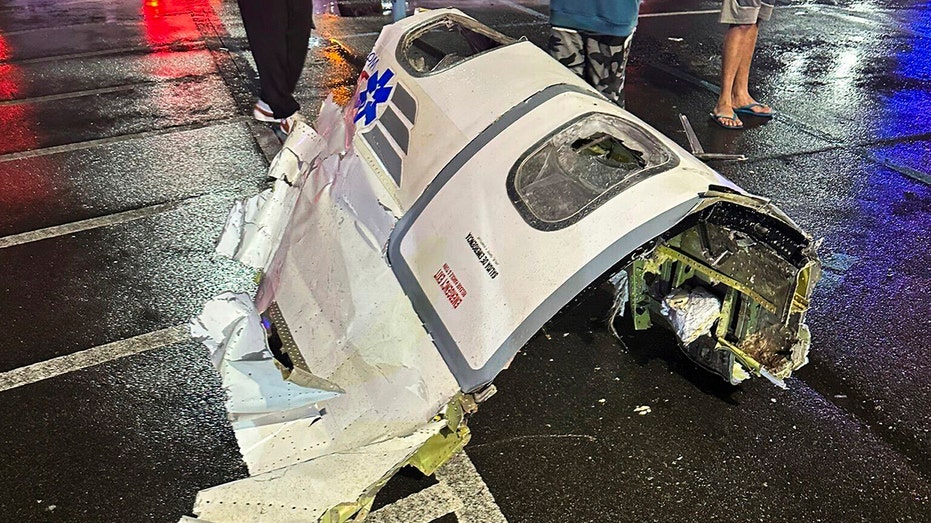

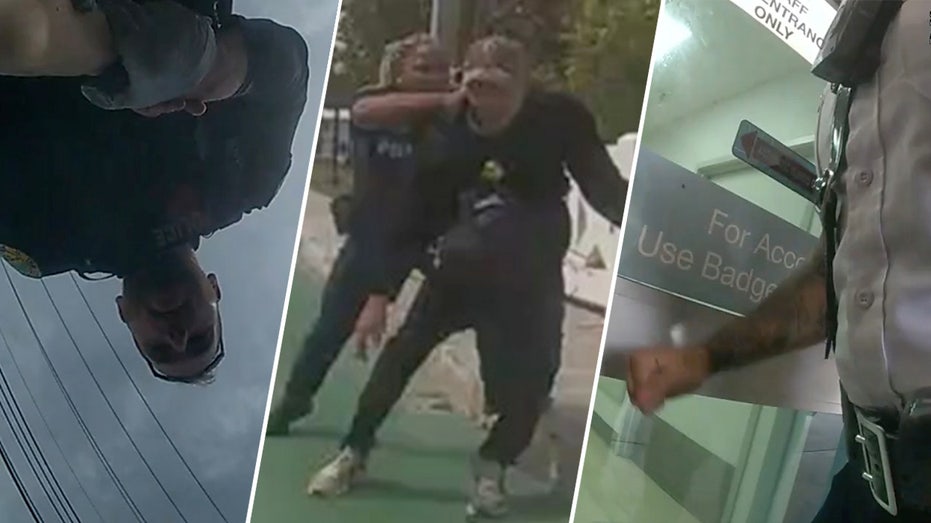
















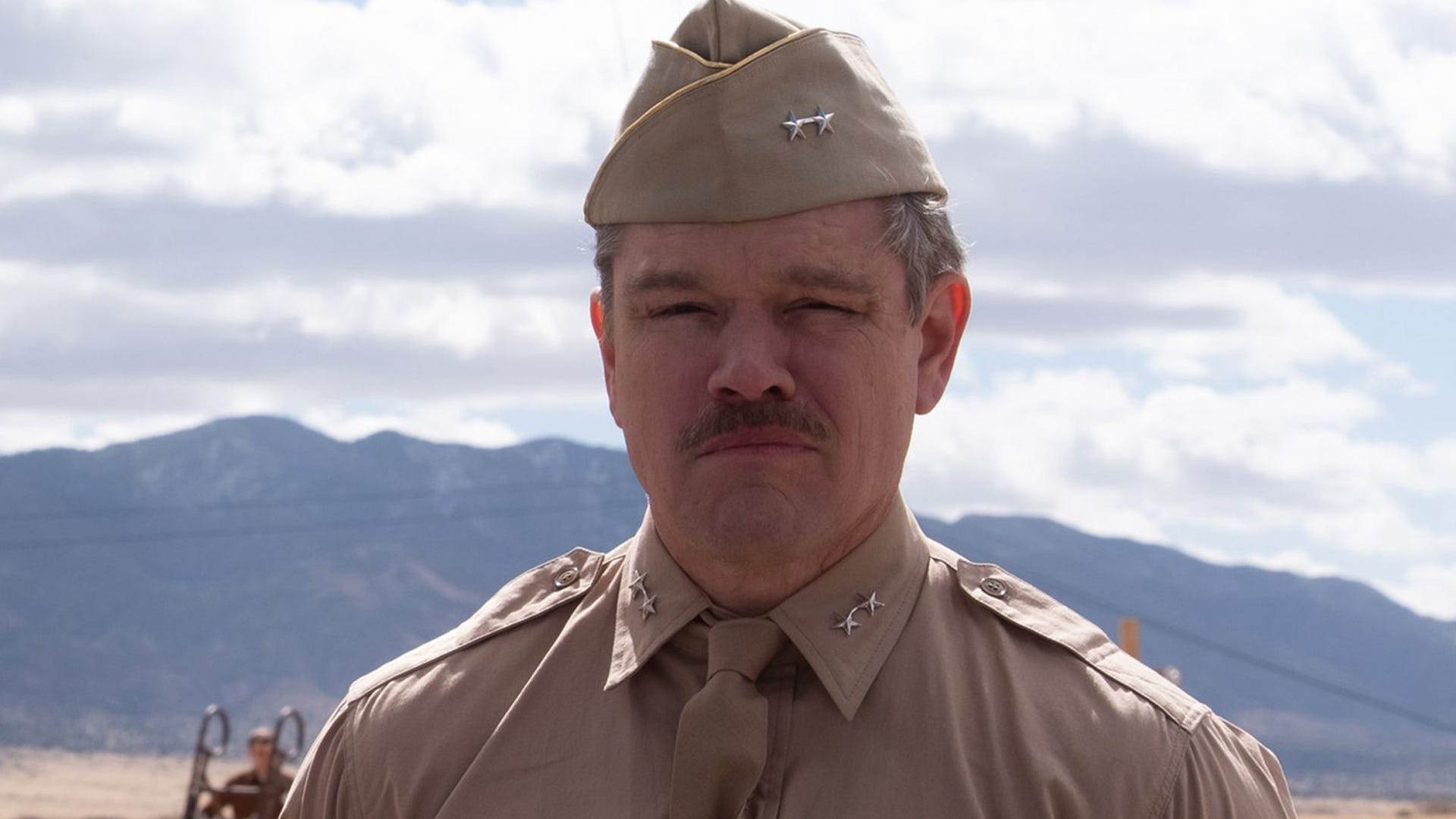


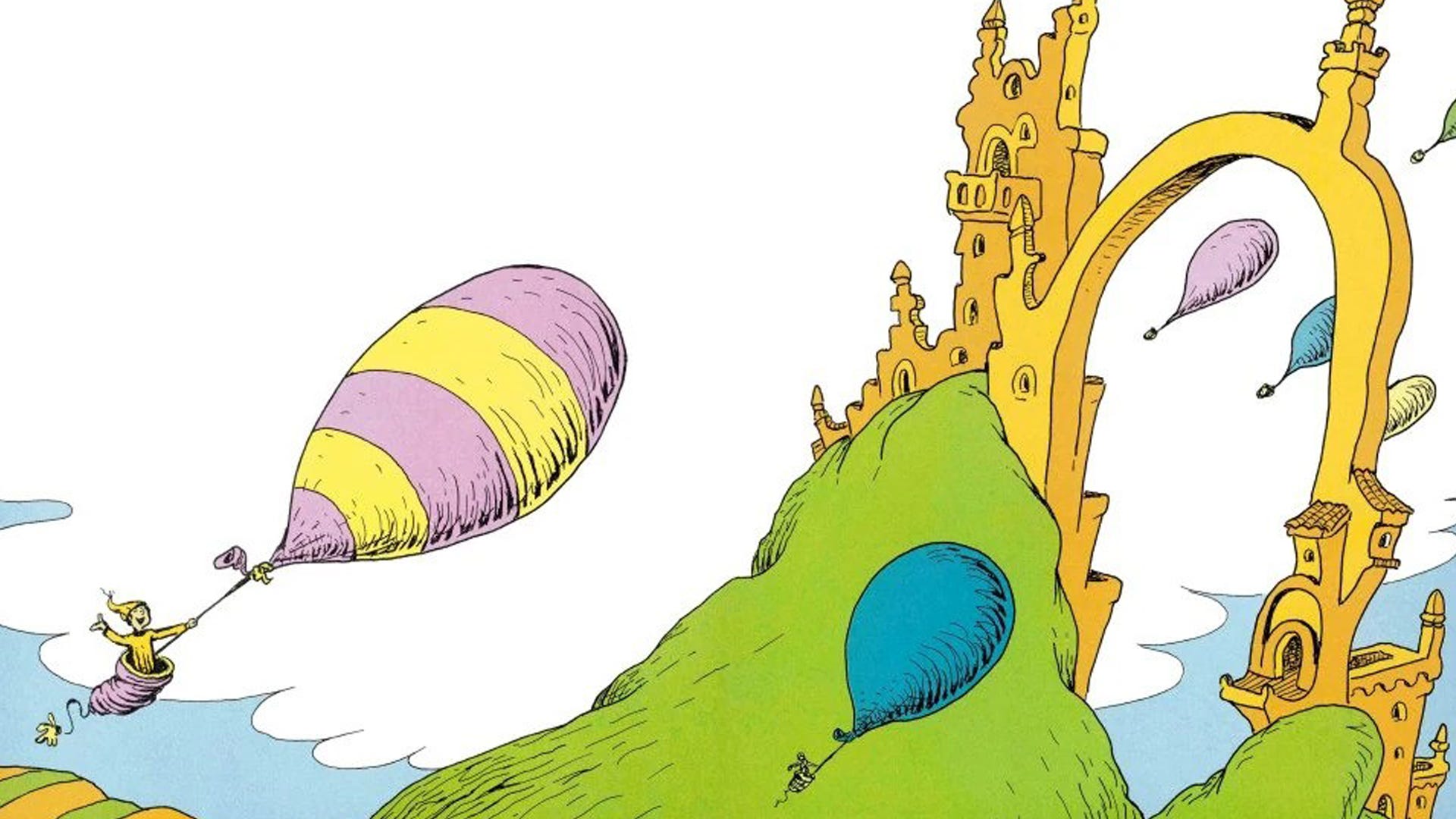






.png)



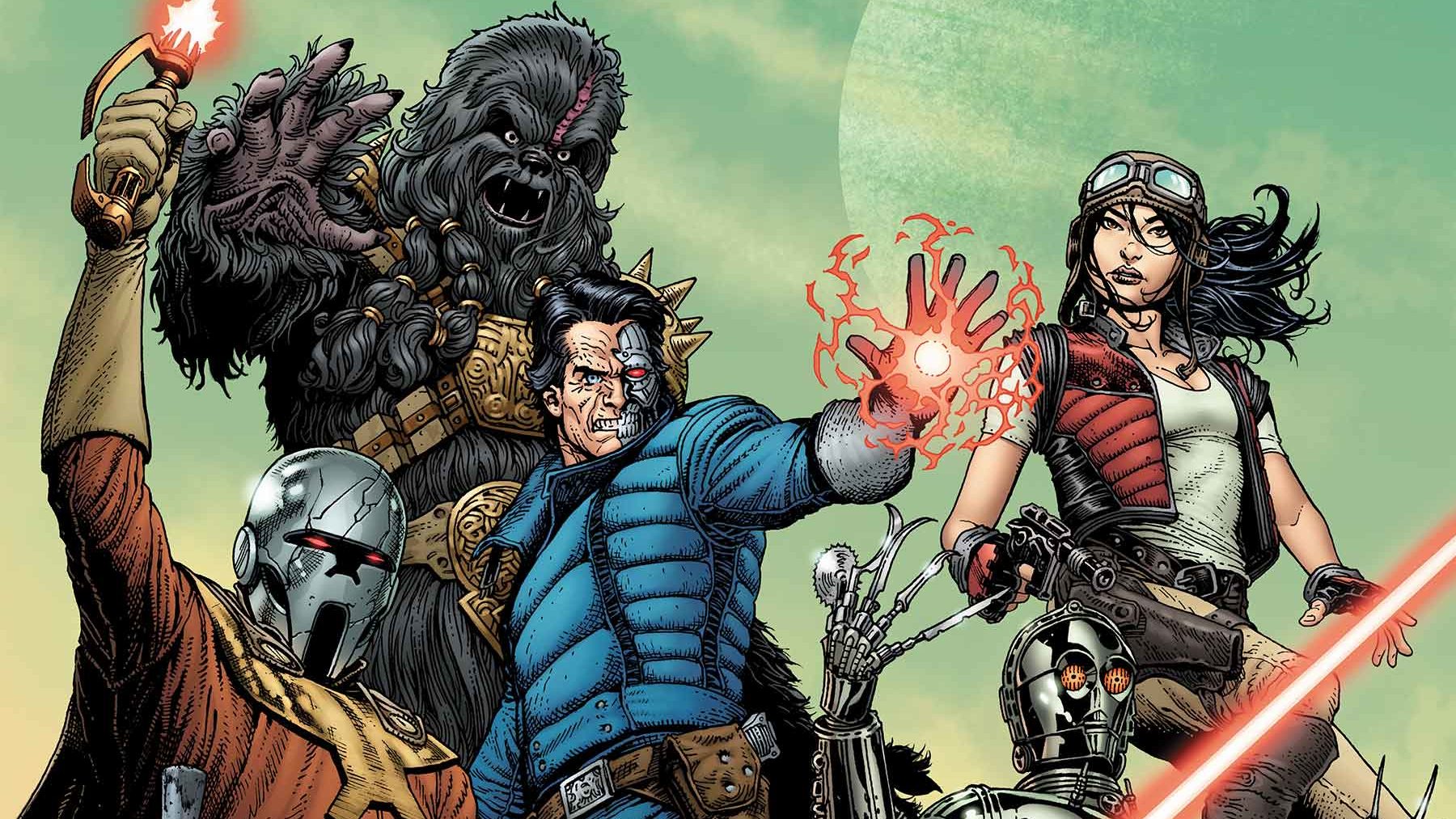


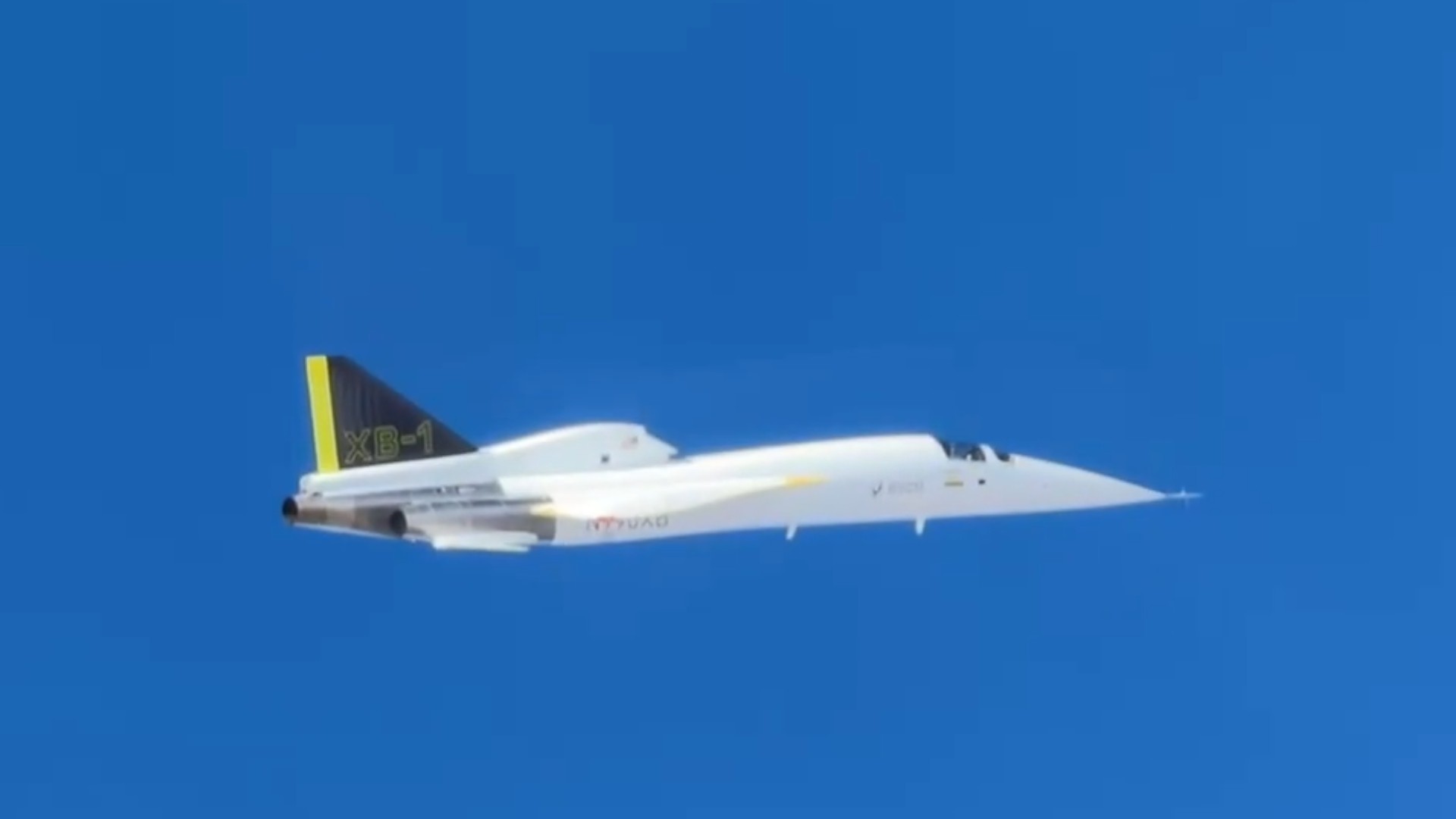



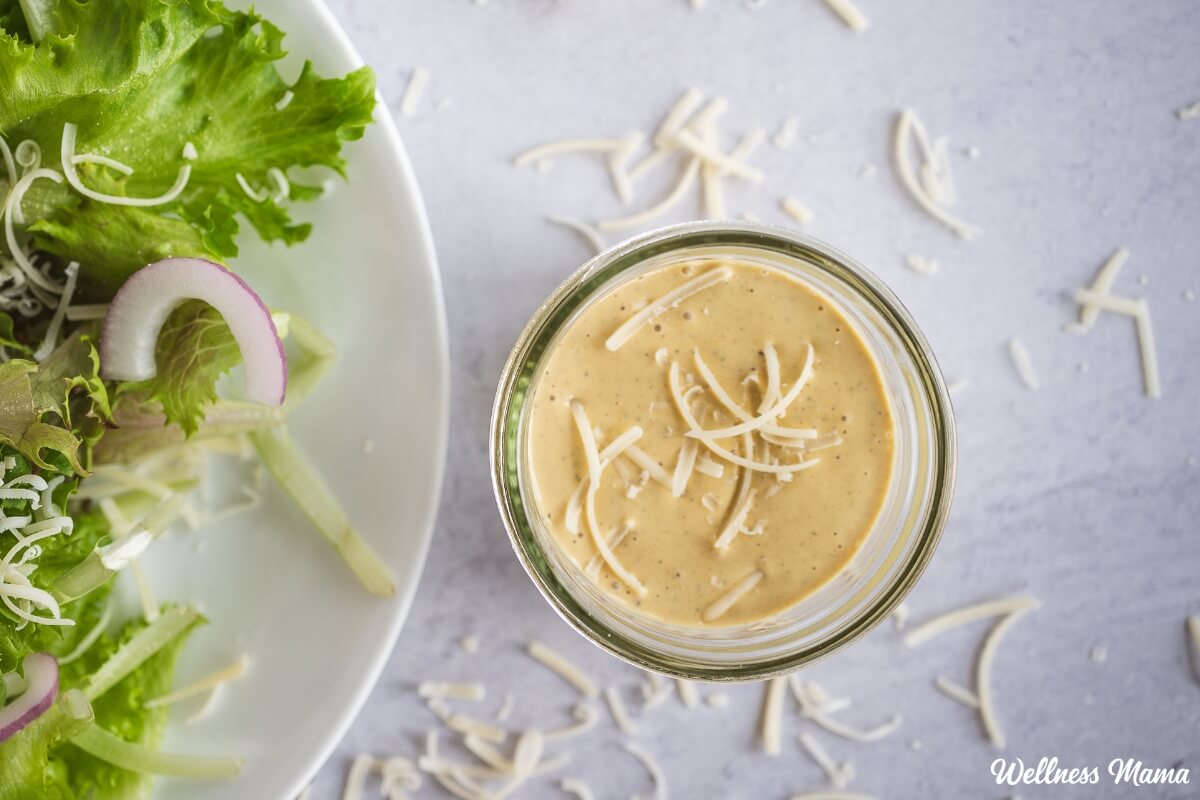










![‘Companion’ Ending Breakdown: Director Drew Hancock Tells All About the Film’s Showdown and Potential Sequel: ‘That’s the Future I Want for [Spoiler]’](https://variety.com/wp-content/uploads/2025/02/MCDCOMP_WB028.jpg?#)








